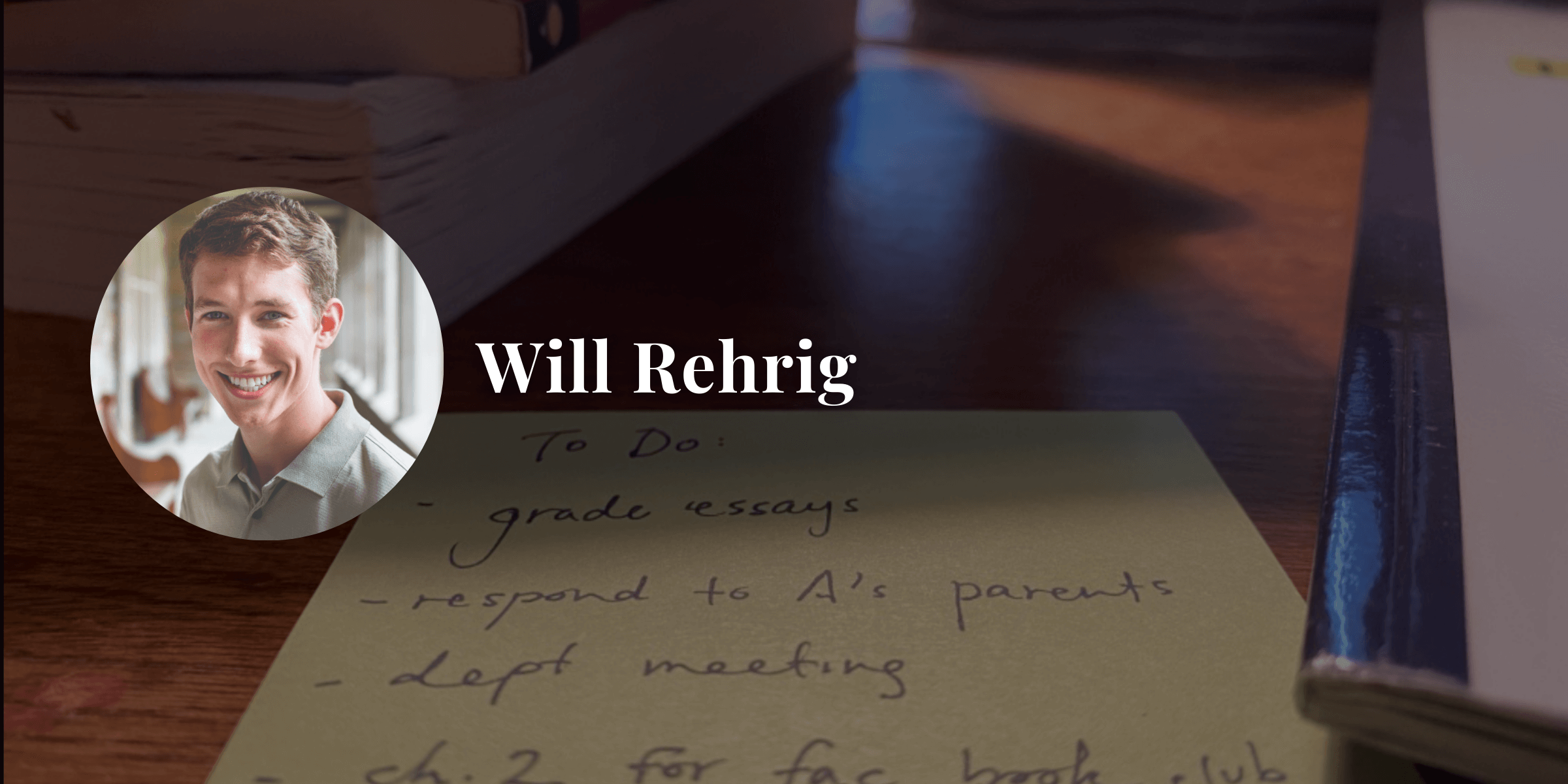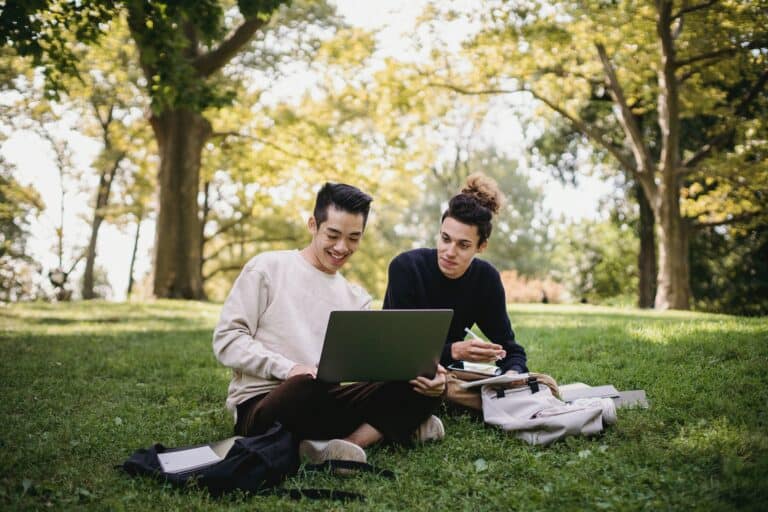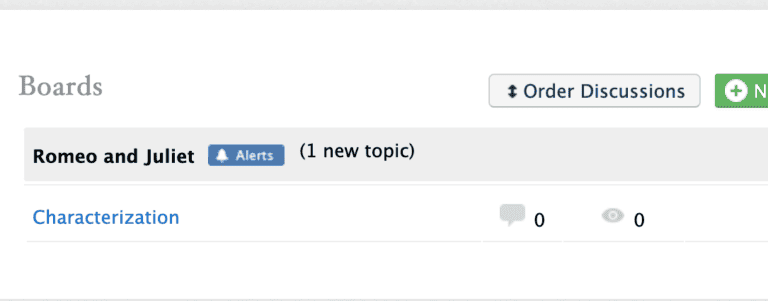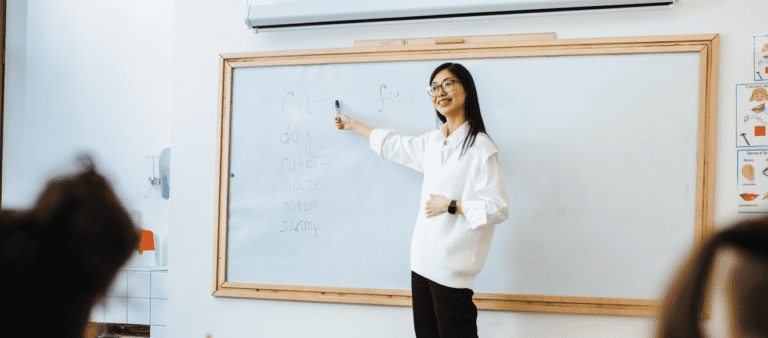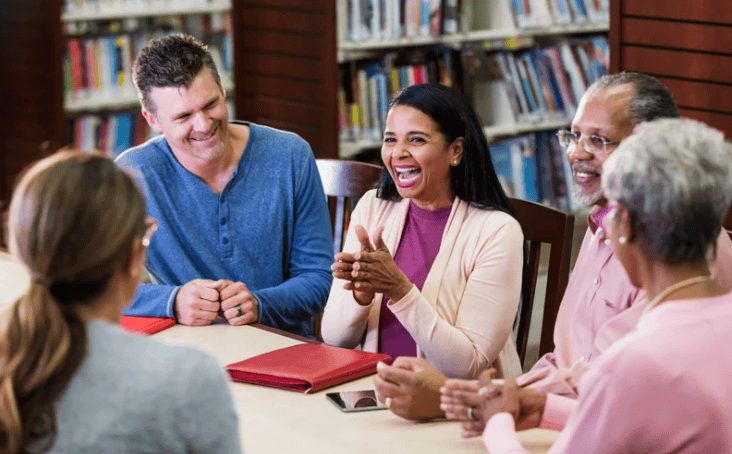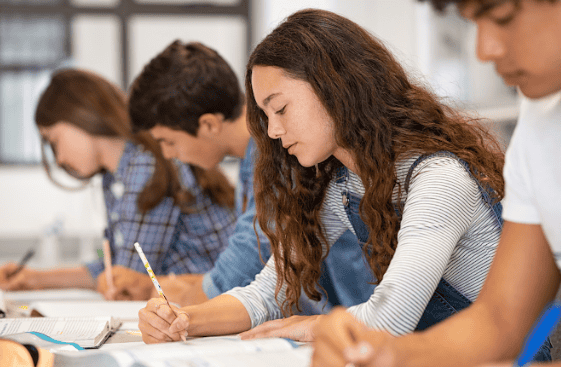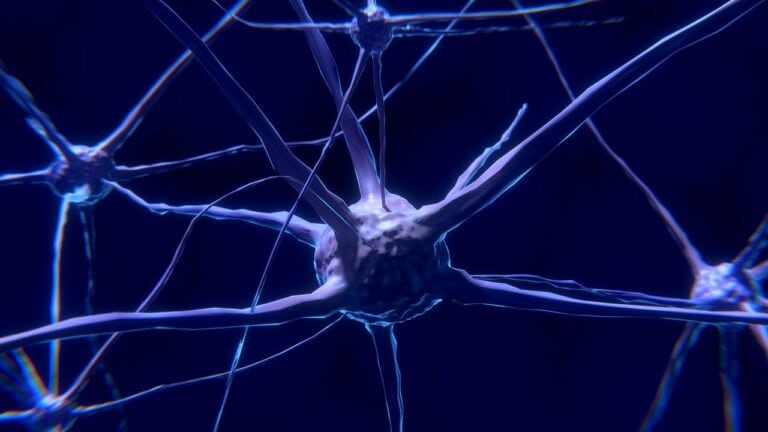Protagonists: 20 minutes with Will Rehrig
We sat with our first-ever STEM teacher (!) for this week’s Protagonists post. Will Rehrig is a teacher of Chemistry, Environmental Science, and Engineering at St. Andrew’s School in Delaware.
Hometown I grew up in Bear, Delaware.
Favorite teacher growing up: who and why? There’ve been so many, so this is a difficult choice. In elementary school, I had Ms. Bledsoe in third grade and Ms. Grass in fifth, both of whom were really great at pushing me in a really caring way and seeing my potential before I saw it. Another influential teacher was Elizabeth Roach in high school. It was the same idea: I didn’t always love English, and she constantly pushed me. There was a lot of discomfort and a lot of growth.
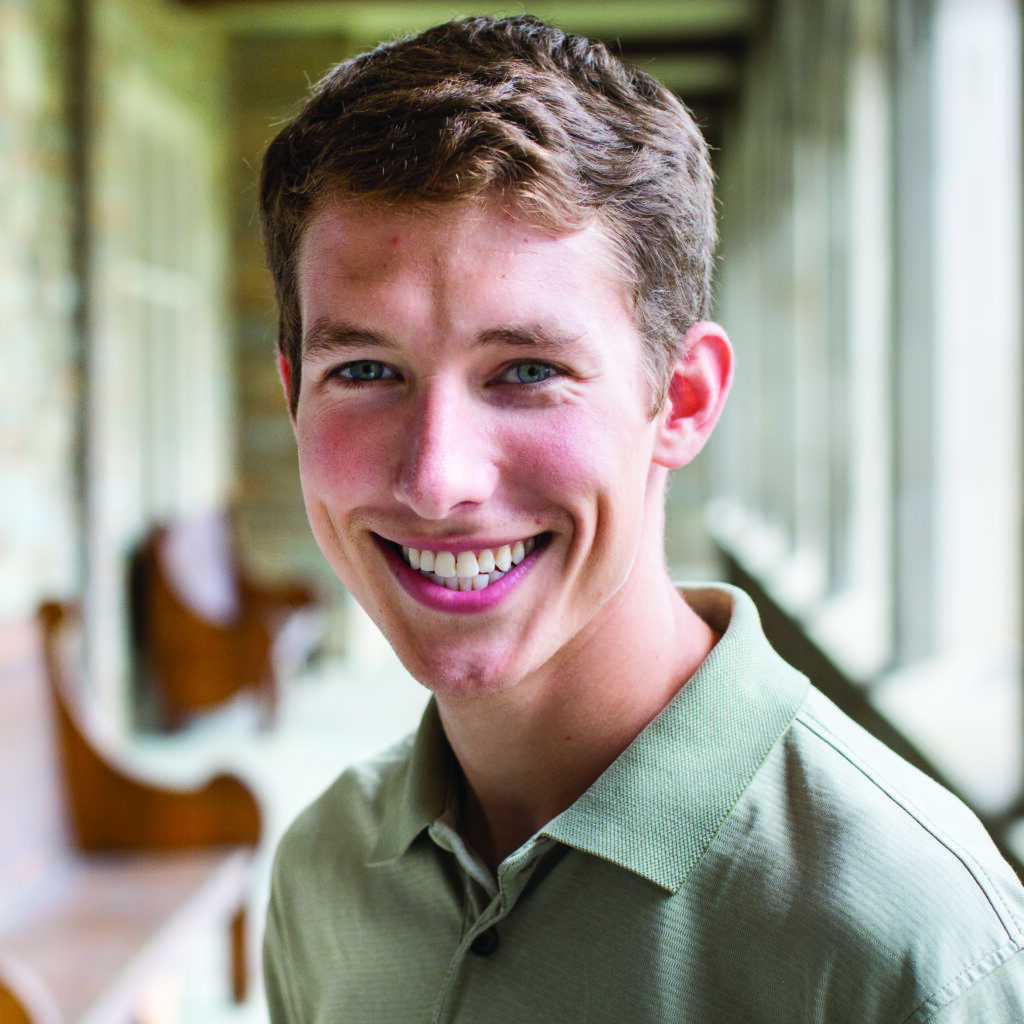
Describe yourself as a student in three words Hardworking, curious, and engaged.
Current City, School, Teaching Assignments St Andrews School in Middletown, Delaware. I teach Chemistry (for juniors) and Advanced Studies Environmental Studies (for mostly seniors) as well as a course I designed called Engineering Science: Designing Solutions .
Favorite historical figure (or best line from history?) I don’t know if this counts, because she’s still alive, but Diane Nash is on my mind a lot. She was a huge part of the Civil Rights movement and particularly SNCC. She said once in a speech I heard that “before you were born, we already loved you.” This idea of doing the work now to make the world better for people who you don’t even know yet resonates with me. She shows me what it looks like to be engaged as a young person and then continue to be across your life.
Favorite unit or concept to teach? Every course is so different – this is so hard! For Engineering, I love teaching design thinking because it is a process that starts to unlock students’ creativity. It’s the first thing we do, and it helps them shift into this new kind of sharing-based, creative course. In Environmental Science, everything is so interesting to teach. I particularly enjoy energy units because my background is in chemical engineering.
Favorite school supply? This is easy: mechanical pencils. I am obsessed with mechanical pencils and I have an arsenal of them. The Rotring 800 is amazing. I don’t like pens – I don’t like things that are too permanent.
Pet peeve about class (student-led?) discussion? I think there are two. The first is when students sort of don’t listen to other students and aren’t actually engaged – they’re so eager to say what’s on their mind that they’re not engaging with others because they want to seem smart. The other, and it’s harder to know this, is when a student has a great idea but isn’t ready to share it. It’s such a lost opportunity when kids are sitting on the ideas and then they tell you later, and I get it, but I also wish it could be different.
Favorite moment of class discussion? When you see a student understand a concept as they talk. I don’t like to cold call. Watching a student understand something or the first time is exciting because they might be cautious at the start, but while they’re talking or talking to others it really clicks. They may not get it internally working alone, but they do when they’re talking about it out loud with classmates.
Text (or tidbit) you count on to inspire conversation? I guess, again, I could pick anything. In Chemistry, anytime you can get students to do chemistry themselves, it’s like magic, and then when they’re explaining and they realize they can understand why it’s happening, it leads to really great insight. I really do think of it like magic. They’ve seen the wizard behind the curtain.
What do you nerd out about? There are two main things. Running – I’m a huge runner, and I’ve been watching the Olympic Trials every day. Also politics are important to me; I’m a political junkie. Reading the latest happenings in politics is a hobby.
What is one wish for this world? I wish people would act in the best interests of those to come. This goes back to what we talked about earlier. That’s why I love teaching Environmental Science, because it involves getting students to think beyond their own consumerism to what the world looks like beyond them.
When historians recount the past year, what will they be especially fascinated by? I don’t know if this is pessimistic, but I think history sometimes makes things pretty and shiny when they weren’t. I have a feeling that historians might look a lot at unity and people coming together at this time, but I don’t think that’s necessarily true. Did the pandemic really bring us together? Not really… Those that lived through it might have a different story than the official narrative we might receive one day.
One prediction for the future of schools? I think that schools will continue hopefully more quickly to become really inclusive and welcoming places to students of any identity and learn how to best serve students who come from different backgrounds and identify in many different ways. Inclusivity is becoming a non-negotiable.
Best advice given to you by a department chair or supervisor? I don’t know if it’s advice. I ask for a lot of advice. Take risks! I have a supervisor who’s made me teach a lot of courses and not let me be comfortable. He, and now she (my supervisor has changed, but the practice continues!) encourage the mindset of trying different courses. It’s kept teaching exciting and uncomfortable for me.
Educator-Influencer you count on? First place you turn for classroom advice? I think it’s really my colleagues that I go to first. This is something I love about working at a boarding school: sitting down at a meal, sometimes with someone who I maybe don’t teach with or who’s even not in my field, and getting to share problems and solutions. I’m always struggling with grading, and it’s interesting to talk to an Arts teacher, a discipline in which the grading feels so subjective and the primary goal is not to stifle creativity. I fear grading for a different reason, because it’s a fairly objective assessment but I don’t want a student to develop a bad mindset because they receive a bad grade. It’s informal conversations, like dinner or lunch, that form me the most (we missed out on those with the pandemic this year). There’s such a wealth of information around me at school and there are experts who you can talk to about everything – it’s a gift.
Better class discussions will _______________. Lead to better student understanding. I guess I could expand that. It would lead to better-engaged citizens – more knowledgeable, more understanding, and more empathetic.
